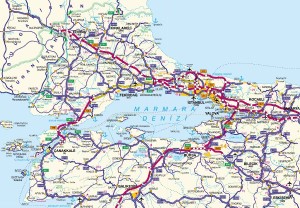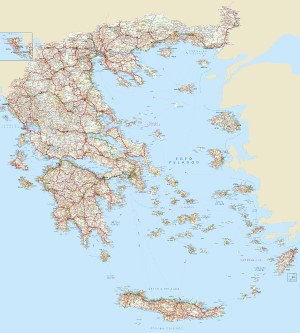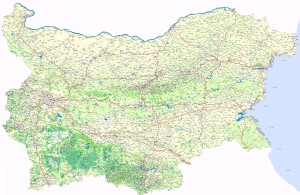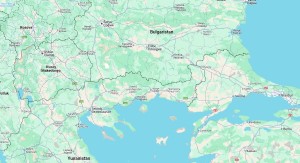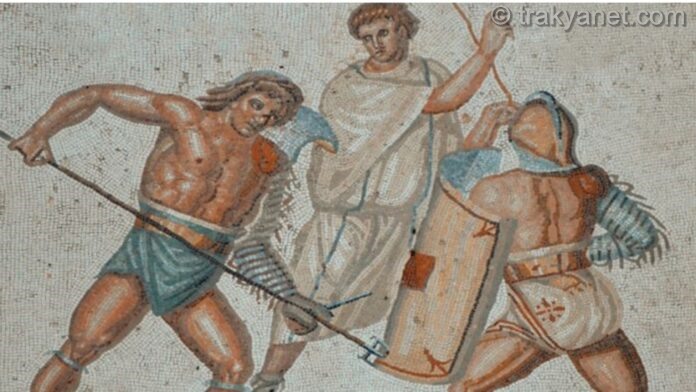Spartacus, a Thracian slave noted for his leadership skills, likely deserted the Roman army, was caught banditing, and sold into slavery. In 73 BC, Spartacus and 77 of his friends, who had escaped from the gladiator school in Capua, sought refuge on Mount Vesuvius. Surrounded by a small Roman army, the fugitives escaped by climbing down a cliff, surprising the Roman soldiers. Spartacus marched towards Lucania with 100,000 escaped slaves and gladiators who had joined him. In a fierce battle, he defeated Publius Varinius and sacked the cities of Thuria and Metapontion. Spartacus now dominated southern Italy. The Roman Senate suddenly realized the danger. In 72 BC, forces led by two consuls were sent against Spartacus.
After defeating them, Spartacus marched north toward the Alps. The governor of Cisalpine Gallia tried to stop him, but was defeated. The slave army could now cross the Alps and disperse in safety. However, no one wanted to leave Italy. Spartacus was forced to march south. Returning to Lucinia, the army suffered its first defeat there, defeated by Marcus Crassus. Spartacus retreated to Messina, intending to cross to Sicily. Pirates who had promised to kidnap them did not keep their promise. Crassus surrounded the slaves, but Spartacus broke through and withdrew. Later, in 71 BC, the slaves who resisted were massacred by the Romans. Spartacus was killed as he advanced to attack Crassus. The Roman general Pompey hunted down and killed many of the deserters in Spartacus's army. Crassus took 6000 people captive and had them all crucified along the Appian Way.






